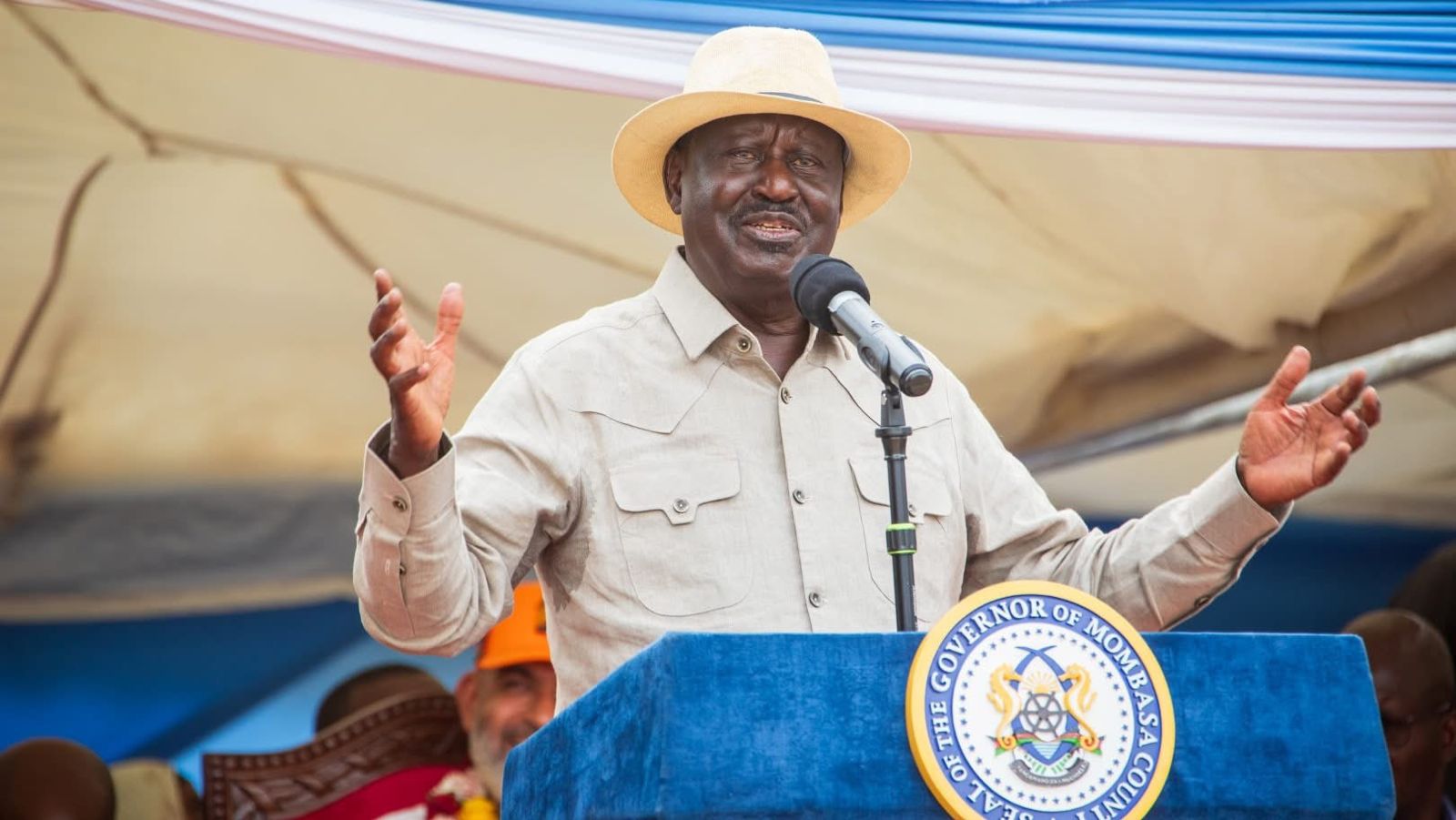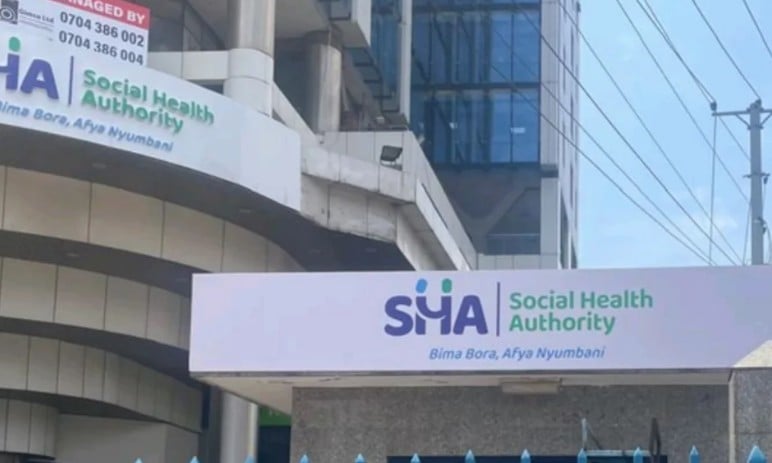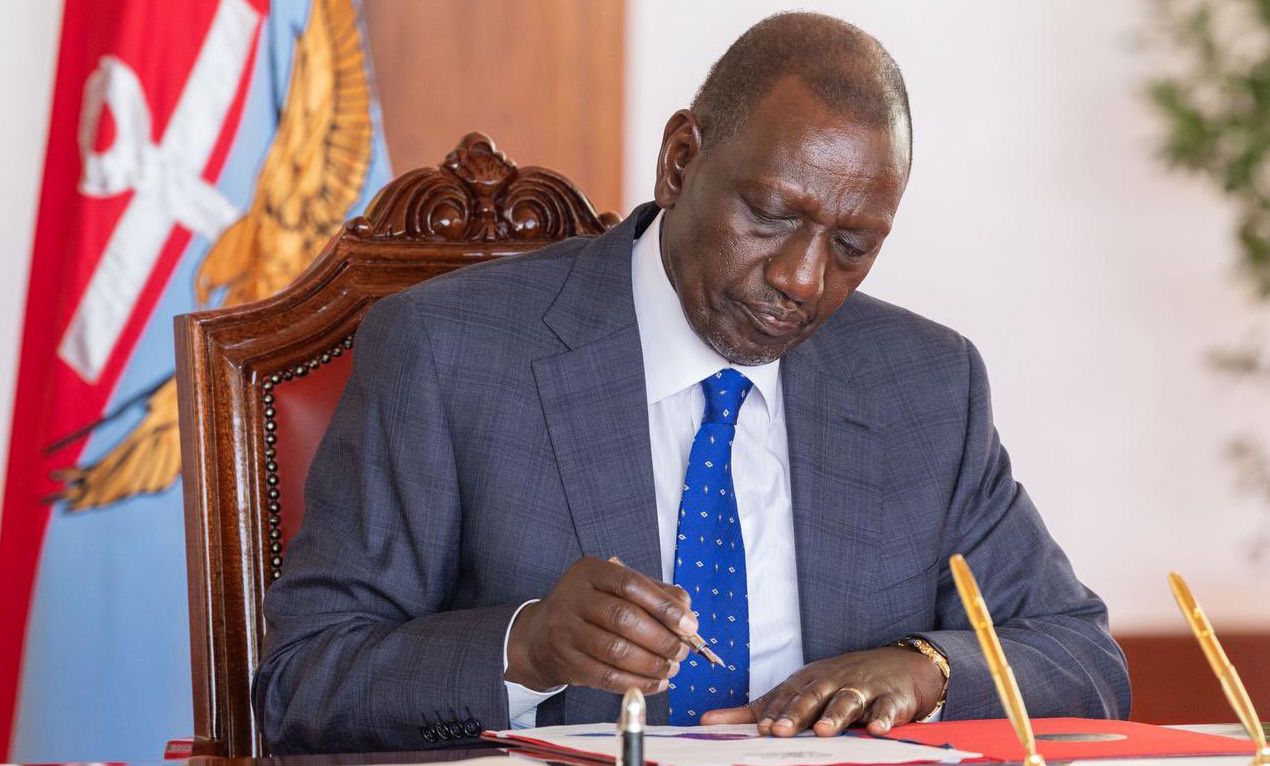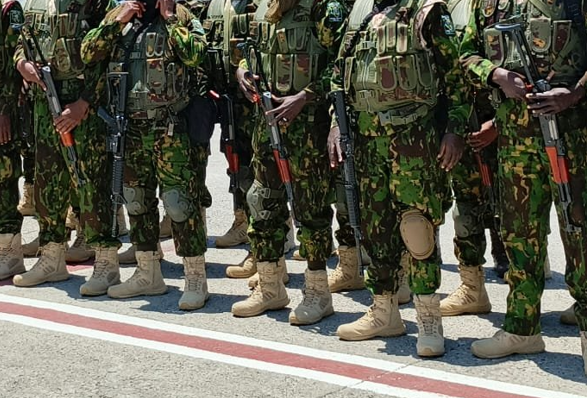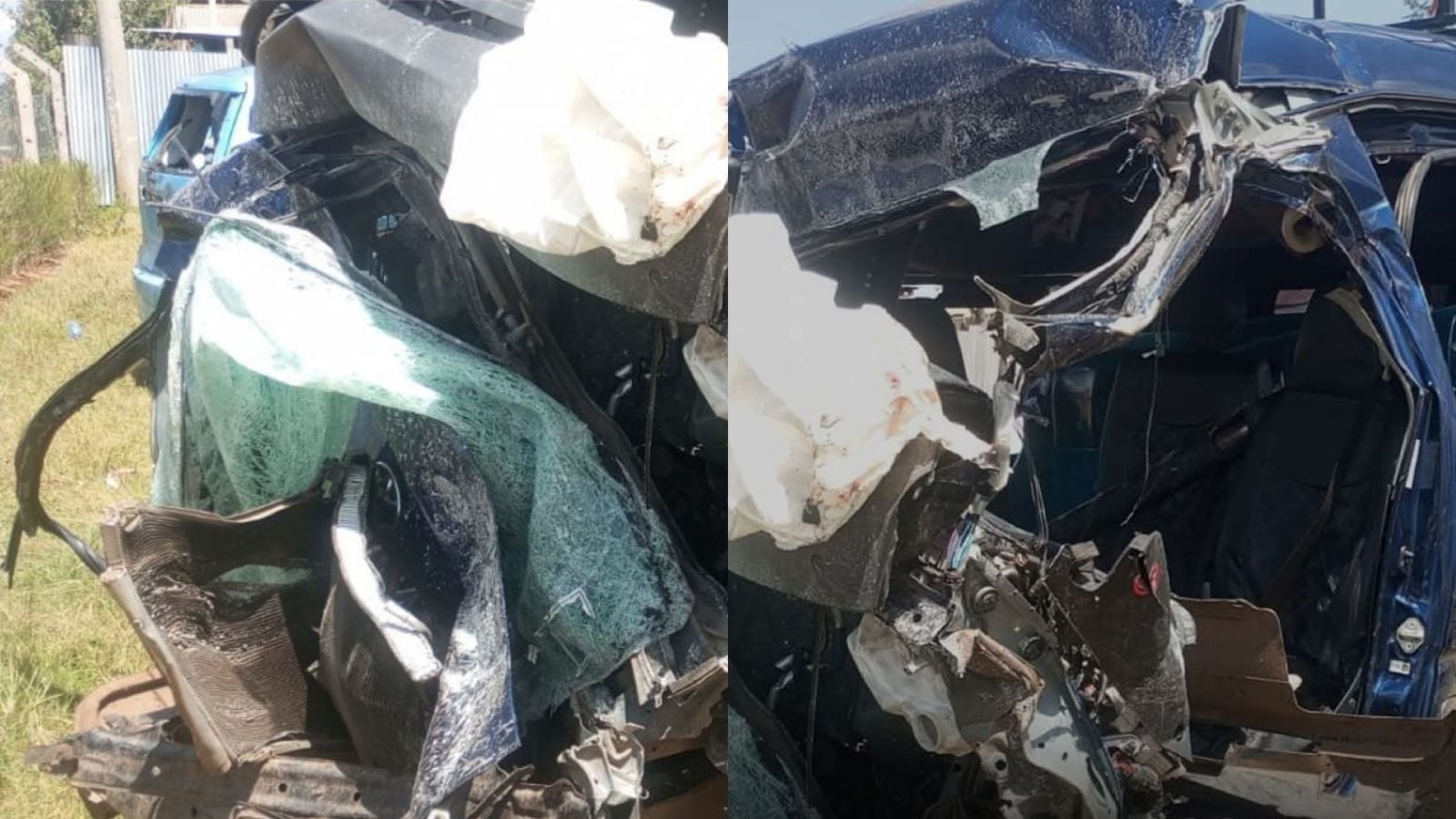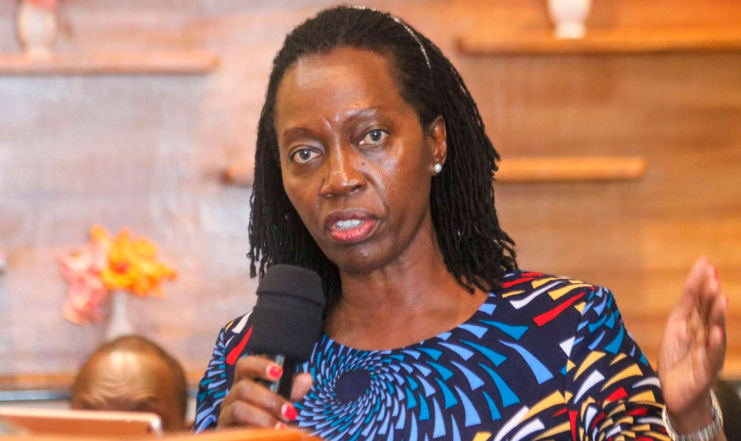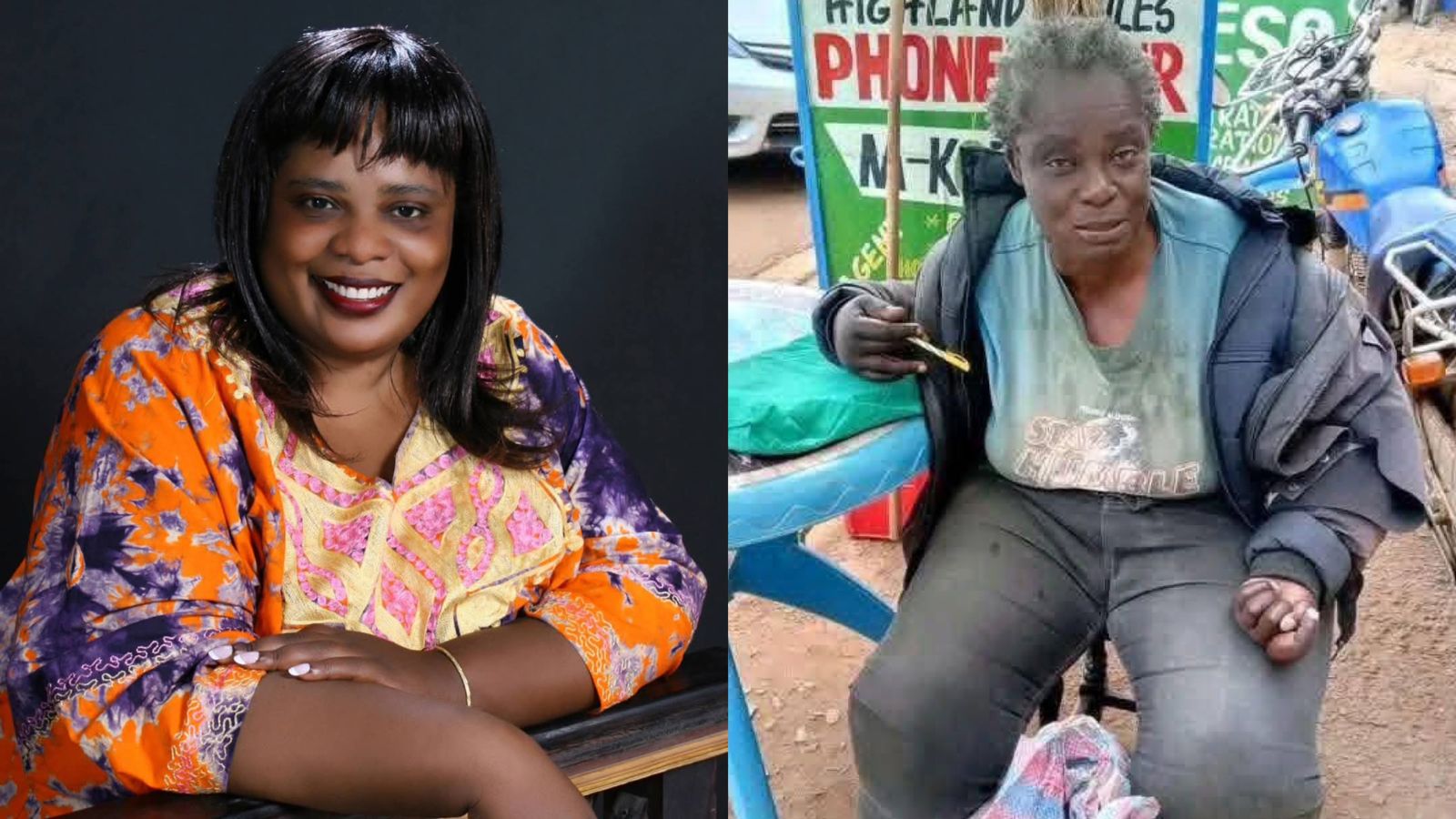Orange Democratic Movement (ODM) leader Raila Odinga has firmly dismissed speculation that his party will not field a presidential candidate in the 2027 general election.
Speaking at the ODM parliamentary group meeting in Machakos County on Monday, September 22, the former Prime Minister challenged party members and the public to stop making assumptions about ODM's electoral plans.
"We are ODM. Who has told you that ODM will not have a candidate in 2027? Who has told you?" Raila posed.
The ODM leader emphasized that the party has not made any formal resolutions regarding the 2027 elections, cautioning members against committing the party to positions that have not been officially discussed or approved.
"We have not passed any resolutions as a party to say how we are going to go into the election of 2027. So wherever you are, don't commit the party to some things that have not been discussed. Let those things be discussed first," he stated.
Read More
Raila stressed that ODM remains intact and committed to its agreements, including the current cooperation with the ruling Kenya Kwanza administration that runs until 2027.
"And we must remain as ODM. And we have signed and agreed that we will work together up to 2027," he noted, referring to the memorandum of understanding between ODM and President William Ruto's administration.
The veteran politician urged party members to maintain their ODM identity while implementing the agreed-upon cooperation framework with the government.
"So first, think as ODM. We have a clear plan that we have negotiated and we have agreed on. And let us continue to implement that plan," he instructed.
In a comprehensive address to the parliamentary group, Raila defended his decision to join forces with the Kenya Kwanza government, revealing that the country was on the brink of collapse during the anti-government protests in 2024.
"About a year ago, we got together with the UDA Party to help steady the ship of the Kenyan nation that had been hit by extreme turbulence and faced a reality of collapse," he explained.
Raila justified the controversial cooperation agreement as a patriotic duty to preserve democratic governance and prevent the country from descending into chaos.

Raila also addressed criticism of the broad-based government, arguing that the cooperation has yielded positive results, including a widely accepted budget and implementation of key reforms.
"By blending what ODM has always believed in with what UDA believes in, we came up with the widely accepted 2025-2026 budget, thanks to ODM experts," he claimed.
The ODM leader took time to defend government privatization plans, particularly regarding Kenya Pipeline Corporation and other state assets, drawing inspiration from international examples.
Using Margaret Thatcher's privatization policies and Indian Prime Minister Narendra Modi's public-private partnership model, Raila argued that selling government stakes in companies like Safaricom would not harm national interests.
"Even if you sell it, where is somebody taking it to? It remains very much an asset of Kenya," he said, referencing the Kenya Pipeline Corporation.
He criticized opposition to the proposed Adani airport deal, claiming that political interference had driven away investors and allowed other regional countries to benefit instead.
"Now a similar arrangement is happening in Kigali. So the Qataris are building Kigali International Airport in the same terms that Adani wanted to do here. So Kigali is going to be the hub in this region, not Nairobi," he lamented.
